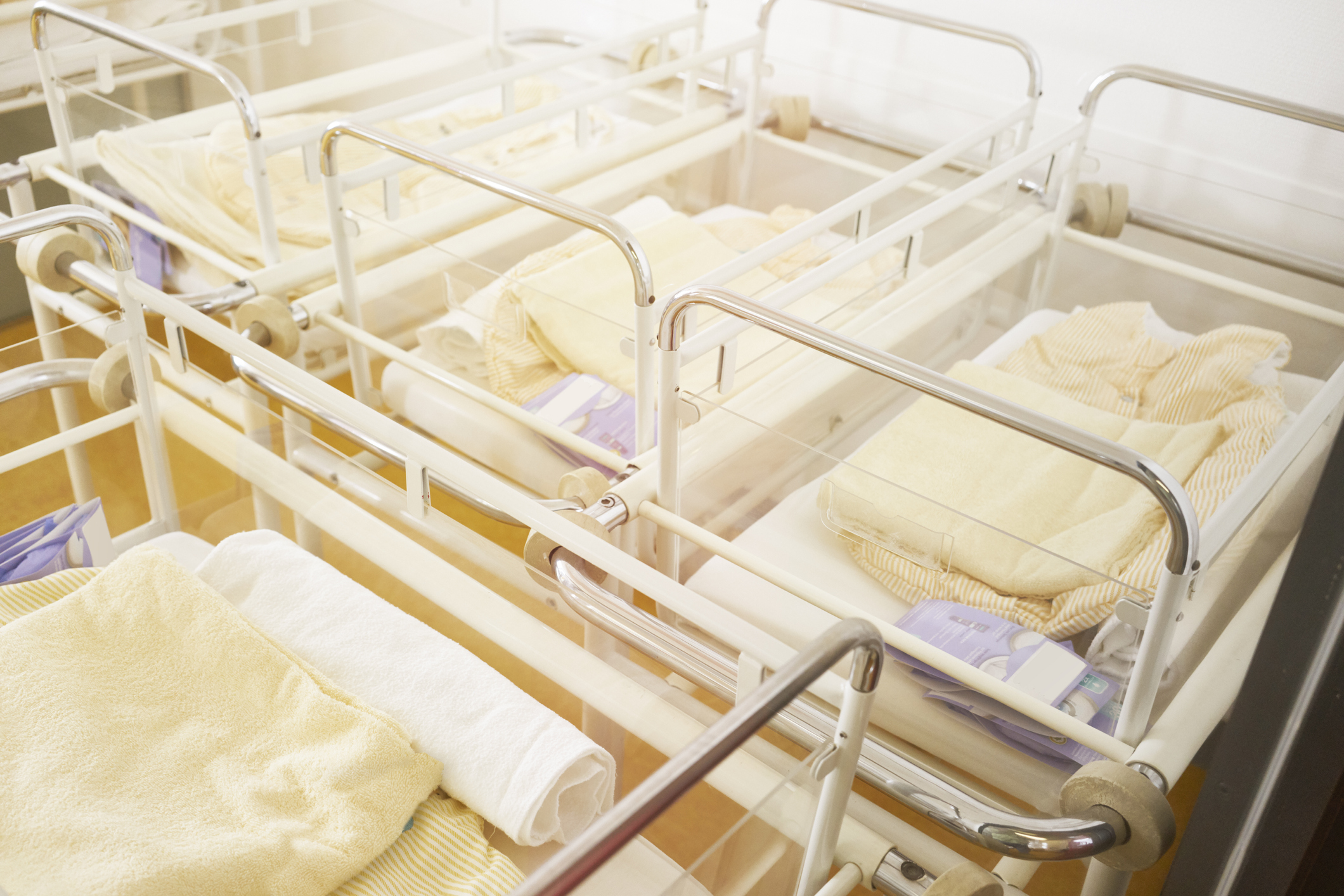U.S. birth rates plunged in 2020, a sure sign 'things are not going well for a lot of people'


A free daily email with the biggest news stories of the day – and the best features from TheWeek.com
You are now subscribed
Your newsletter sign-up was successful
As if we needed more evidence that the pandemic has been rough on everyone, experts say sinking U.S. birth rates point to widespread societal challenges, and could cause further complications later on.
Data from 29 states showed a 7.3 percent drop in births in December 2020, nine months after the pandemic began in the U.S., CBS News reports. Birth rates have been declining for years, and its not surprising major economic disruption would cause a dip, but preliminary numbers suggest the pandemic has led to an especially notable drop — in the wake of the Great Recession, birth rates fell by 3 percent, CBS notes.
University of Maryland sociologist Phil Cohen told CBS the "scale of this is really large," and argued the decline "means things are not going well for a lot of people."
The Week
Escape your echo chamber. Get the facts behind the news, plus analysis from multiple perspectives.

Sign up for The Week's Free Newsletters
From our morning news briefing to a weekly Good News Newsletter, get the best of The Week delivered directly to your inbox.
From our morning news briefing to a weekly Good News Newsletter, get the best of The Week delivered directly to your inbox.
A column by two Brookings Institution economists in The New York Times outlines some of the struggles that have people postponing or avoiding expanding their families: a weak labor market, job and income loss, school closures, and fewer social activities, to name some. The economists similarly predicted last year that "tremendous economic loss, uncertainty, and insecurity" would lead to a major baby bust. But in addition to the challenges that have caused the bust, the decline could cause issues well into the future.
With 300,000 fewer babies born this year than would otherwise be expected, the Times column says "we can expect consequential changes to our economy and society in the years to come." Notably, a smaller work force will mean "lower economic productivity and fewer workers to contribute to the tax base. It also means a lower ratio of workers to retirees, which stresses Social Security." It could also contribute to the "loneliness epidemic," and as demography professor Dowell Myers told CBS, the birth rate can be seen as a "barometer of despair."
Read more about the drop and what economists suggest should be done at The New York Times.
A free daily email with the biggest news stories of the day – and the best features from TheWeek.com
Summer Meza has worked at The Week since 2018, serving as a staff writer, a news writer and currently the deputy editor. As a proud news generalist, she edits everything from political punditry and science news to personal finance advice and film reviews. Summer has previously written for Newsweek and the Seattle Post-Intelligencer, covering national politics, transportation and the cannabis industry.
